Calcium, Magnesium, Zinc and Vitamin D all rolled up into one!
Adequate calcium and vitamin D as part of a healthful diet, along with physical activity, may reduce the risk of osteoporosis later in life.**
Calcium Citrate
Calcium is the most abundant mineral in the body (the human body contains approximately 2.5 pounds) and 99% of this is stored in the bones and teeth. The remaining Calcium is in the bloodstream and the fluids surrounding the cells. It is an essential mineral with a wide range of biological functions. Calcium absorption declines with age. Calcium supplementation is important for supporting strong, healthy bones. *
Magnesium
Magnesium is essential for hundreds of chemical reactions in the body. It functions as a coenzyme (participating in over 300 enzymatic reactions!) for proper function of nerves and muscles, formation of bones and energy metabolism. It also may help support healthy blood pressure levels and healthy cholesterol levels. Magnesium works synergistically with calcium by supporting its absorption and may increase bone density as well. In fact, the body stores 60% of its magnesium in the bones, 26% is in the muscle tissues and the remaining magnesium is stored in the soft tissues of the body. Magnesium helps the body to utilize vitamins B6, C, and E. The U.S. Department of Agriculture estimates that 75 percent of Americans do not get an adequate supply of magnesium via their diet. *
Zinc
An essential mineral required by every cell in the body, zinc is concentrated in the muscles, bones, skin, kidneys, liver, pancreas, eyes, and, in men, the prostate. Because your body does not produce zinc, it depends on external sources for its supply. It is a key component to supporting a healthy immune function yet a surprising number of Americans don’t get enough in their daily diet.*
Zinc plays a critical role in hundreds of body processes — from cell growth to sexual maturation, even for taste and smell. Consequently, everyone who takes a daily multivitamin and mineral supplement should check its zinc content.*
Vitamin D
Vitamin D (as cholecalciferol) is a fat-soluble vitamin. It is known as the “sunshine” vitamin because it is formed in the body by the action of the sun’s ultraviolet rays on the skin. Vitamin D is converted in the kidneys to the hormone calcitrol, which is actually the most active form of Vitamin D. The effects of this hormone are targeted at the intestines and bones. The major biologic function of Vitamin D is to maintain normal blood levels of calcium and phosphorus. Vitamin D aids in the absorption of calcium, thereby helping to form and maintain strong bones. It promotes bone mineralization in concert with a number of other vitamins, minerals, and hormones. *
*These statements have not been evaluated by the Food and Drug Administration. These products are not intended to diagnose, treat, cure, or prevent any disease.

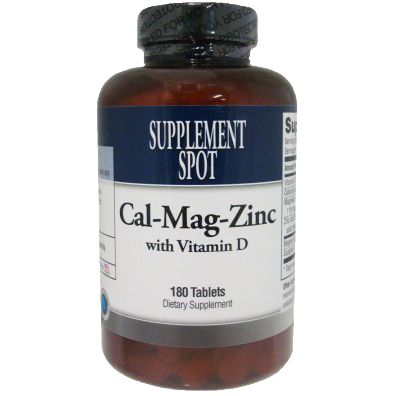


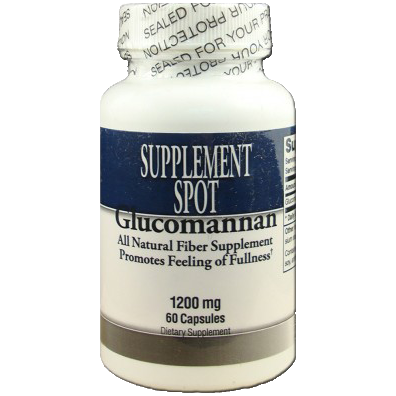
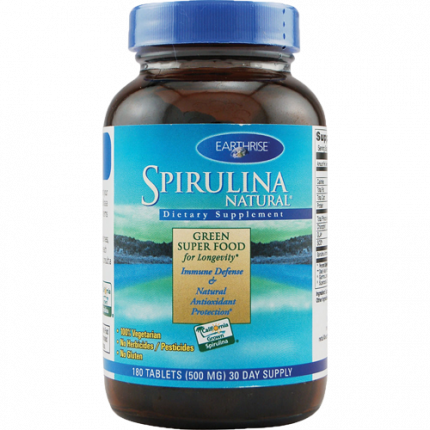


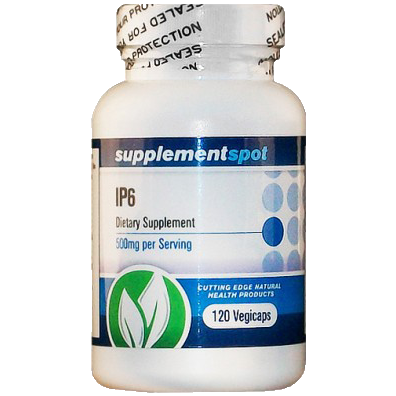
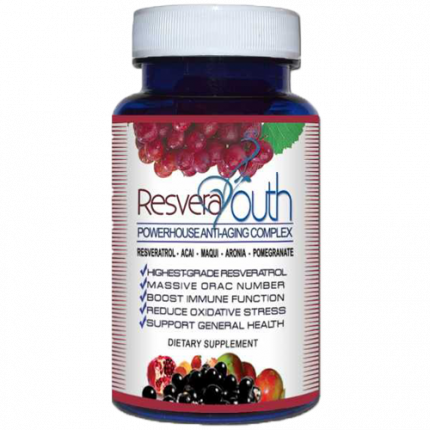


Reviews
There are no reviews yet.